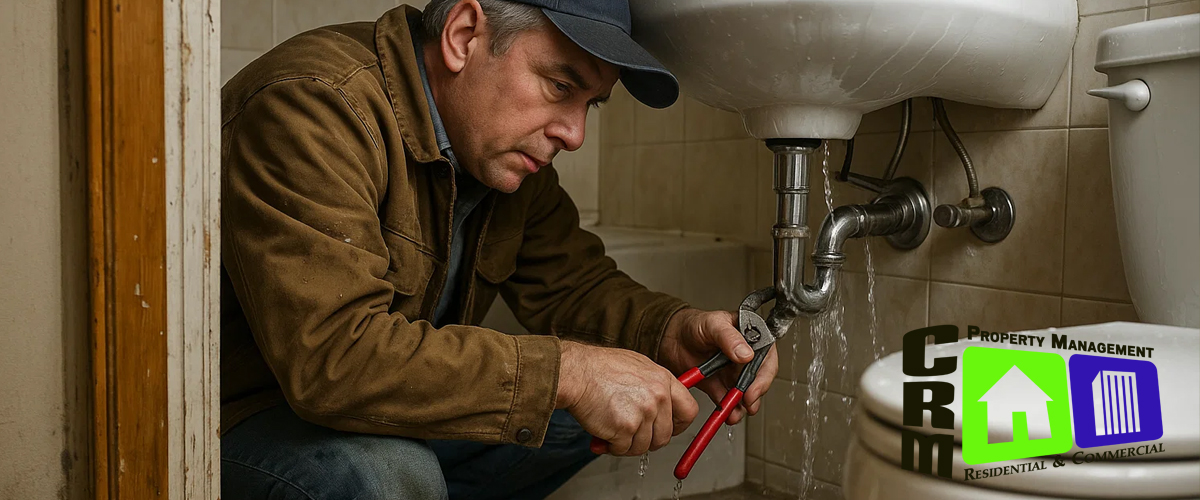Tenant Screening and Fair Housing
Protect Your Investment While Following Fair Housing Laws
Finding reliable tenants is crucial to protecting your investment as a property owner or manager. However, the screening process must be conducted within the boundaries of fair housing laws. This guide will help you develop a screening process that is both effective and legally compliant.
Understanding Fair Housing Laws
Fair housing laws prohibit discrimination in housing based on protected characteristics. The
federal Fair Housing Act prohibits discrimination based on:
- Race
- Color
- National origin
- Religion
- Sex (including gender identity and sexual orientation)
- Familial status (families with children under 18)
- Disability
The State of Utah has expanded upon the Federal Housing Laws with the following categories:
- Source of Income
- Sexual Orientation
- Gender Identity
Important: Always check your local and state laws, as they may provide broader protections than federal law.
Creating a Legal Screening Process
1. Establish Written Criteria
Document your tenant screening criteria before advertising your property. This helps ensure consistency and provides evidence that you apply the same standards to all applicants. Your criteria might include:
- Minimum income requirements (typically 2.5-3x the monthly rent)
- Employment verification
- Rental history verification
- Credit score minimums
- Criminal background screening parameters
- Pet policies
2. Consistent Application Process
All applicants are required to complete the same application and provide the same documentation. This includes:
- A comprehensive rental application form
- Authorization to run background and credit checks
- Proof of income (pay stubs, tax returns, bank statements)
- Photo identification
- References from previous landlords
3. Legal Background Checks
Criminal background checks require careful consideration:
- Implement a policy that considers the nature and severity of offenses
- Consider the time elapsed since the offense
- Evaluate whether the offense indicates a threat to property or other tenants
- Avoid blanket bans on all criminal histories, which may violate fair housing laws
4. Credit Screening
When evaluating credit:
- Look for patterns rather than isolated incidents
- Consider the full credit picture, not just the score
- Be willing to consider extenuating circumstances with proper documentation
- Set clear, consistent minimum requirements
5. Income Verification
- Verify employment and income through multiple channels
- Calculate debt-to-income ratios to ensure affordability
- Consider guarantors or co-signers for borderline applicants
- Document your process thoroughly
Red Flags and Legal Considerations
Potential Red Flags in Applications While maintaining fair housing compliance, watch for:
- Discrepancies in application information
- Gaps in rental history
- Eviction records
- Relevant criminal convictions
- Poor references from previous landlords
- Insufficient income for the rental amount
Avoiding Legal Issues
To minimize fair housing complaints:
1. Document everything. Keep detailed records of all communications, decisions, and the rationale behind them.
2. Apply criteria consistently. If you make exceptions, document the business-related reasons.
3. Focus on behavior, not personal characteristics. Evaluate applications based on how the tenant will care for your property and fulfill lease obligations.
4. Be transparent. Clearly communicate requirements upfront and provide adverse action notices when denying applications.
5. Train all staff in fair housing requirements and proper screening procedures.
Best Practices for Screening
Create a Standardized Process
1. Pre-screen prospects by clearly communicating requirements before accepting applications
2. Use a standard application form for all applicants
3. Obtain written consent for background and credit checks
4. Verify all information provided
5. Document your decision-making process
Professional Screening Services
Consider professional screening services that:
- Maintain compliance with FCRA requirements
- Provide consistent evaluation methods
- May offer liability protection
- Stay updated on legal changes
Reasonable Accommodations
Be prepared to provide reasonable accommodations for applicants with disabilities, which may
include:
- Modifying policies or procedures
- Allowing service or emotional support animals despite pet restrictions
- Considering alternative forms of income verification for those receiving disability benefits
When Denying an Application
If you deny an application:
Conclusion
Effective tenant screening is a balance between protecting your investment and complying with fair housing laws. By establishing consistent, documented procedures that focus on legitimate business concerns rather than protected characteristics, you can find qualified tenants while minimizing legal risks.
Remember that fair housing laws evolve, so stay informed about changes at the federal, state, and local levels. When in doubt, consult with a qualified attorney who specializes in landlord-tenant law in your jurisdiction. By following these guidelines, you’ll build a strong foundation for successful property management that serves both your financial interests and your legal obligations.







